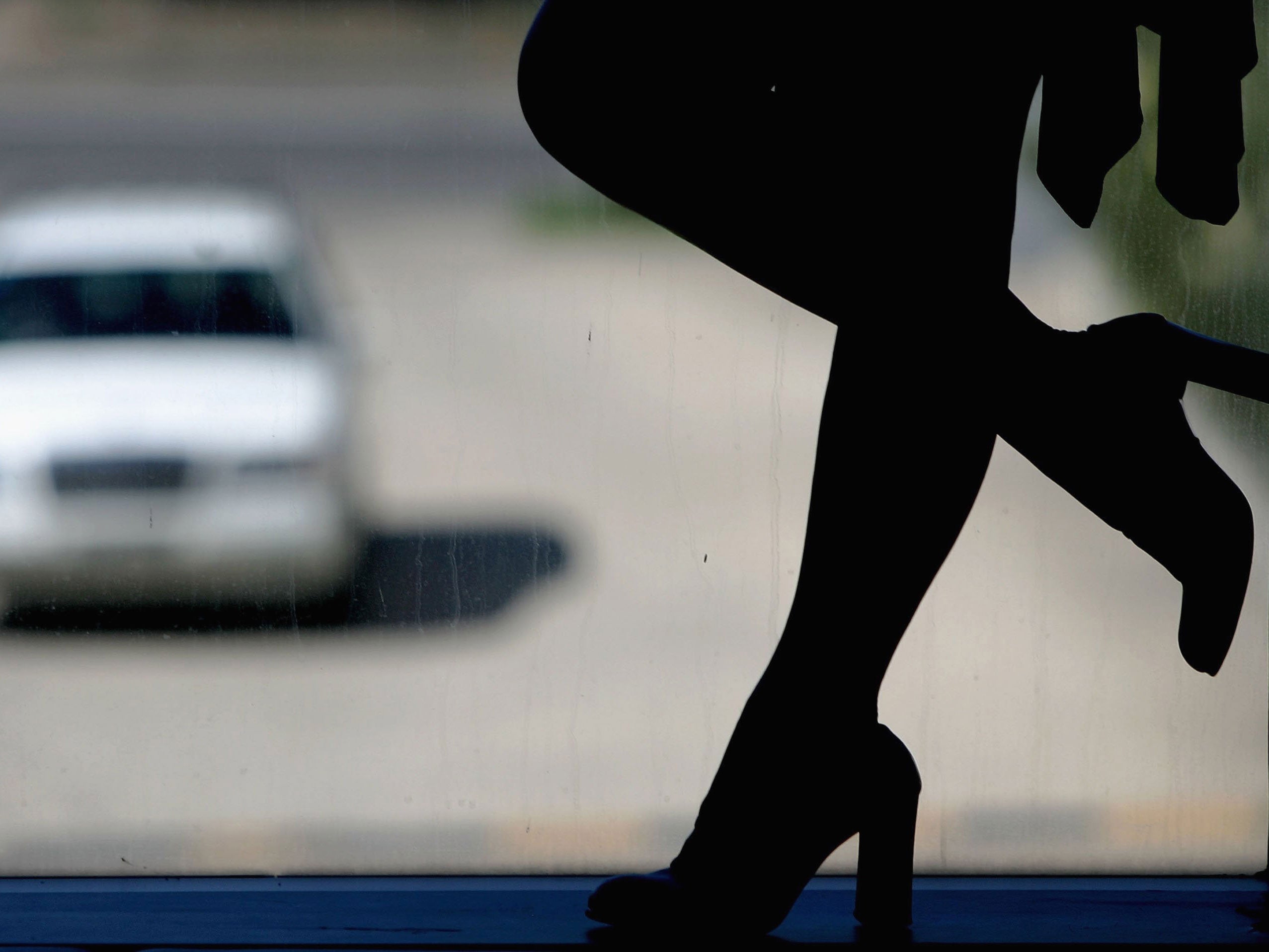Women groomed into prostitution as teenagers launch High Court legal fight over criminal records
‘Why should I continue to be judged and stigmatised so many years after I got away from the hellish life I entered as a teenager?’ asks woman involved in case

Your support helps us to tell the story
From reproductive rights to climate change to Big Tech, The Independent is on the ground when the story is developing. Whether it's investigating the financials of Elon Musk's pro-Trump PAC or producing our latest documentary, 'The A Word', which shines a light on the American women fighting for reproductive rights, we know how important it is to parse out the facts from the messaging.
At such a critical moment in US history, we need reporters on the ground. Your donation allows us to keep sending journalists to speak to both sides of the story.
The Independent is trusted by Americans across the entire political spectrum. And unlike many other quality news outlets, we choose not to lock Americans out of our reporting and analysis with paywalls. We believe quality journalism should be available to everyone, paid for by those who can afford it.
Your support makes all the difference.Women who were coerced into prostitution as teenagers are to challenge their criminal records being held on file until they are aged 100 in a High Court legal fight.
The women bringing the challenge against both police chiefs and the government were groomed into prostitution and have a slew of criminal convictions for soliciting and loitering.
Records on the Police National Computer can be accessed by a broad variety of public bodies and some private organisations, as well as the Crown Prosecution Service, the police, courts, credit checking organisations, and others.
Karon Monaghan QC, the barrister representing the women, said this was disproportionate and went against Article 8 of the European Convention of Human Rights, which protects the right for private and family life.
Fiona Broadfoot, one of the women challenging the policy, said: “As a consequence of meeting a dangerous pimp when I was only 15 who forced me to sell sex for money, by the age of 17, I had 39 convictions for soliciting and loitering.
“Despite escaping prostitution over 30 years ago, I am horrified that these records of my abuse and exploitation will be retained for another 50 years and be made available to so many agencies.”
The legal action argues against a policy which requires all criminal convictions are retained until the individual reaches the age of 100, even convictions for offences which would no longer constitute a crime in the modern day.
Another woman involved in the challenge, who chose to remain anonymous, said: “Why should I continue to be judged and stigmatised so many years after I got away from the hellish life I entered as a teenager?”
Niki Adams, a spokesperson for the English Collective of Prostitutes, a campaign group which supports the decriminalisation of prostitution, told The Independent the legal challenge was crucial for many women in their network as they have been blocked from finding employment due to being handed cautions or convictions for loitering and soliciting.
She added: “The time is well overdue for the government to expunge these records but also to change the law to decriminalise sex work so that no woman in the future is criminalised in this way.
“Shockingly, thousands of sex workers a year are still arrested, raided, convicted and given cautions, and this has continued even during this pandemic when women are being forced to work because they have been excluded from government support.”
While it is not illegal for individuals to buy or sell sex in the UK, soliciting work, sex workers banding together as a group, and prostitutes advertising themselves is illegal.
A former sex worker, who did not want her name used, said: “I want this case to succeed so I am not branded for life by my criminal record. The ‘Prostitute Caution’ I got when I was 20 still stalks me many years later. No other woman should have to follow in my footsteps and get convicted for soliciting.
“Most sex workers are mothers pushed into prostitution to support themselves and their families. We hope the government heeds the call to expunge criminal records and provide emergency Covid payments, benefits, housing and other resources so that any of us can leave prostitution if and when we want.”
The case is being brought against home secretary Priti Patel, who oversees the Police National Computer, and the National Police Chief Council which is in charge of policy on keeping criminal records.
Harriet Wistrich, an award-winning human rights lawyer who is involved in the case, said: “What possible justification can there be for keeping such deeply personal, sensitive information on the Police National Computer, particularly where our understanding of prostitution offences has moved forward so far and the women concerned would now be regarded as victims, not criminals?"



Join our commenting forum
Join thought-provoking conversations, follow other Independent readers and see their replies
Comments